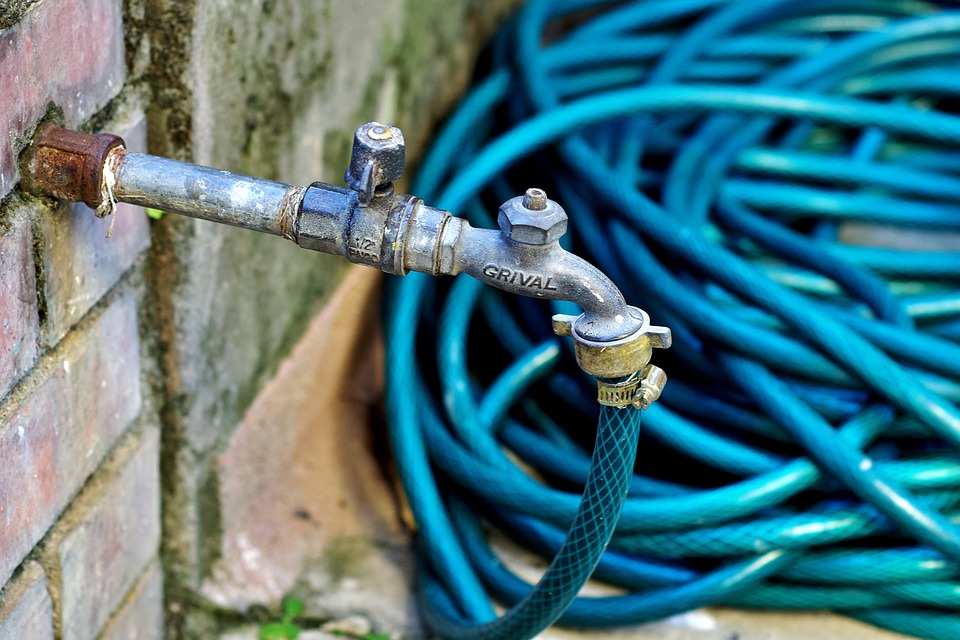Hosepipe ban
Contents |
[edit] Introduction
Water is an increasingly scarce resource. As population increases, and climate change makes rainwater patterns less predictable, it is becoming more important that we reduce the amount of water that we consume and discharge into the sewerage infrastructure.
When the availability of water approaches insufficient levels, it is sometimes necessary for restrictions to be placed on customers. This most commonly occurs during periods of drought, but restrictions can also be put in place if fresh water reserves (or reservoirs) become contaminated due to some type of accident.
In the UK, these restrictions are commonly referred to as 'hosepipe bans'. These bans typically prevent the use of hoses, sprinklers or sprinkler systems for watering gardens and lawns. The bans also apply to the use of a hosepipe for washing automobiles or other situations where hoses are left turned on and unattended.
Hosepipe bans are typically put in place by local water companies. However, they can sometimes be imposed across entire regions based on resource levels in the area.
[edit] History
While water usage has been the source of conflict for centuries, it was the droughts and shortages of the 1890s that resulted in action to control the supply of water. The formation of the East London Waterworks Company was a result of this activity, although the company was not particularly successful in responding to the crisis.
In the 1920s and early 1930s severe drought triggered additional measures to control the wasteful use of water, including activities that could result in fines for offenders.
[edit] Modern water regulations
The Water Industry Act 1991 brought about more significant restrictions and penalties on water usage. The formal introduction of the hosepipe ban was contained in section 76 of the 1991 Act, which has since been expanded in section 36 of the Flood and Water Management Act 2010.
Under the Flood and Water Management Act 2010 activities that can be banned include:
- Watering a garden.
- Washing a private car.
- Watering plants on non-commercial property.
- Washing a private leisure boat.
- Filling a domestic swimming pool, pond or ornamental fountain.
- Washing domestic walls, windows, paths or patios.
- Drawing water for domestic recreational use.
- Cleaning other artificial outdoor surfaces.
Water companies can impose a ban or can apply to the government for a drought order. An ordinary drought order limits the use of water for specific activities, while an emergency drought order limits the supply of water and makes alternative arrangements for the supply of water, for example by erecting stand pipes.
[edit] Related articles on Designing Buildings Wiki
Featured articles and news
Repairing historic stone and slate roofs
The need for a code of practice and technical advice note.
UKCW London to tackle sector’s most pressing issues
AI and skills development, ecology and the environment, policy and planning and more.
Managing building safety risks
Across an existing residential portfolio; a client's perspective.
ECA support for Gate Safe’s Safe School Gates Campaign.
Core construction skills explained
Preparing for a career in construction.
Retrofitting for resilience with the Leicester Resilience Hub
Community-serving facilities, enhanced as support and essential services for climate-related disruptions.
Some of the articles relating to water, here to browse. Any missing?
Recognisable Gothic characters, designed to dramatically spout water away from buildings.
A case study and a warning to would-be developers
Creating four dwellings... after half a century of doing this job, why, oh why, is it so difficult?
Reform of the fire engineering profession
Fire Engineers Advisory Panel: Authoritative Statement, reactions and next steps.
Restoration and renewal of the Palace of Westminster
A complex project of cultural significance from full decant to EMI, opportunities and a potential a way forward.
Apprenticeships and the responsibility we share
Perspectives from the CIOB President as National Apprentice Week comes to a close.
The first line of defence against rain, wind and snow.
Building Safety recap January, 2026
What we missed at the end of last year, and at the start of this.




















